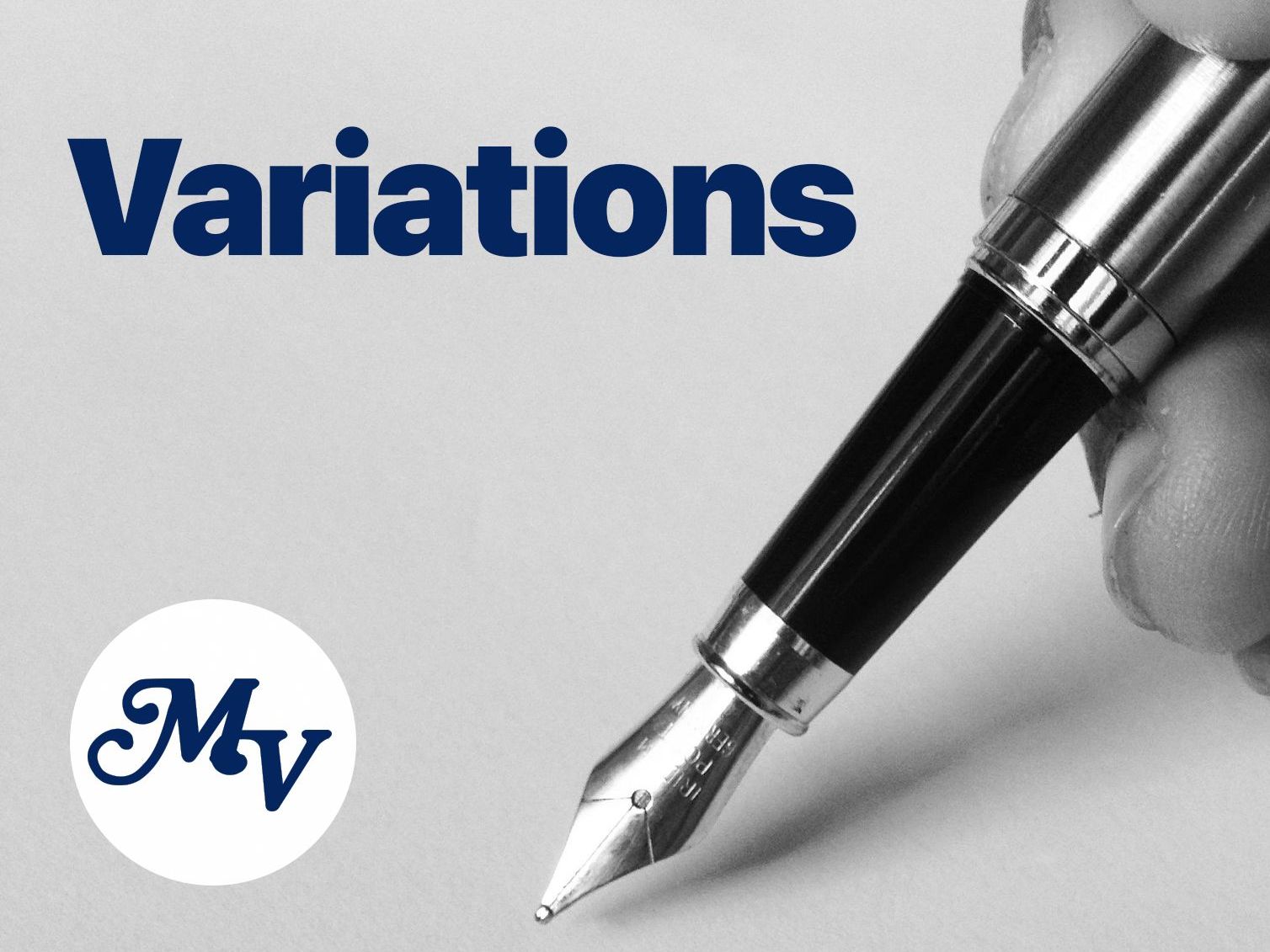IN Poland, a family takes in a group of refugees from Ukraine, complete strangers until last week. In the United States, a Russian man attempting to sail around the world is told he must leave the marina immediately or risk having his boat impounded. In Australia, a man risks himself and his boat to travel to a small, isolated, drenched community picking up flood victims. He has come from two hundred miles away.
It is an adage that crisis reveals character. The war in Ukraine, and other disasters such as the massive flooding in Australia, have revealed the true character of a great many people the world over. Some have revealed themselves to have large hearts capable of great acts of mercy and compassion, while others have pulled back the curtain to reveal hate, greed and naked aggression.
A quick look at the news headlines seems to confirm what I have heard from people: the world has gone mad. North Korea tested another intercontinental missile last week. The war in Ukraine drags on, and now President Putin has agreed to allow foreign soldiers to help him win the war, a sure sign things are not going as planned. In the United States, in spite of sixty years of the Civil Rights Movement, trillions of dollars spent on federal programs, thousands of laws passed, and untold efforts by millions of people, I am told that race relations are the worst they have ever been.
This morning, all New Zealand is in an uproar because for International Women’s Day, the national men’s rugby team tweeted a shout-out to the women in their lives: their wives, daughters and so on, but failed to mention the women’s rugby team. “This is why International Women’s Day is needed!” one woman was quoted as saying. While war rages in Europe and Australians drown in epic floods, New Zealanders are outraged over women’s rugby being dissed in a tweet.
But all is not lost. Last night, as a friend mentioned she will be travelling through bad weather to visit her grandchildren, a mutual friend told her to keep her phone charged and call him if she runs into any trouble. “That’s what I love about you,” she said. “You always look out for other people.” That man’s wife had recently passed away, and although he was always a thoughtful, generous person, he finds solace in his grief by helping others through their trials.
In a recent zoom conference, we could see our dear friend, now in his 90s. But someone else was there in the room, standing behind him in a mask looking like a bandit. It was a neighbor who came over to help him work through the mysteries of zoom, all the while wearing a mask so as not to put the elderly man at risk of Covid.
We live in a time of troubles, from Ukraine to Australian floods, from Covid to soaring gas prices, from racial antagonism to human trafficking. But there are good people among us. Each of us needs to ask, if crisis reveals character, what does it reveal about me? When I see a car window down, do I see it as an opportunity to roll it up or a chance to steal a wallet? Am I part of the problem or part of the solution?
BC Cook, PhD lived on Saipan and has taught history for 20 years. He currently resides on the mainland U.S.

BC Cook











